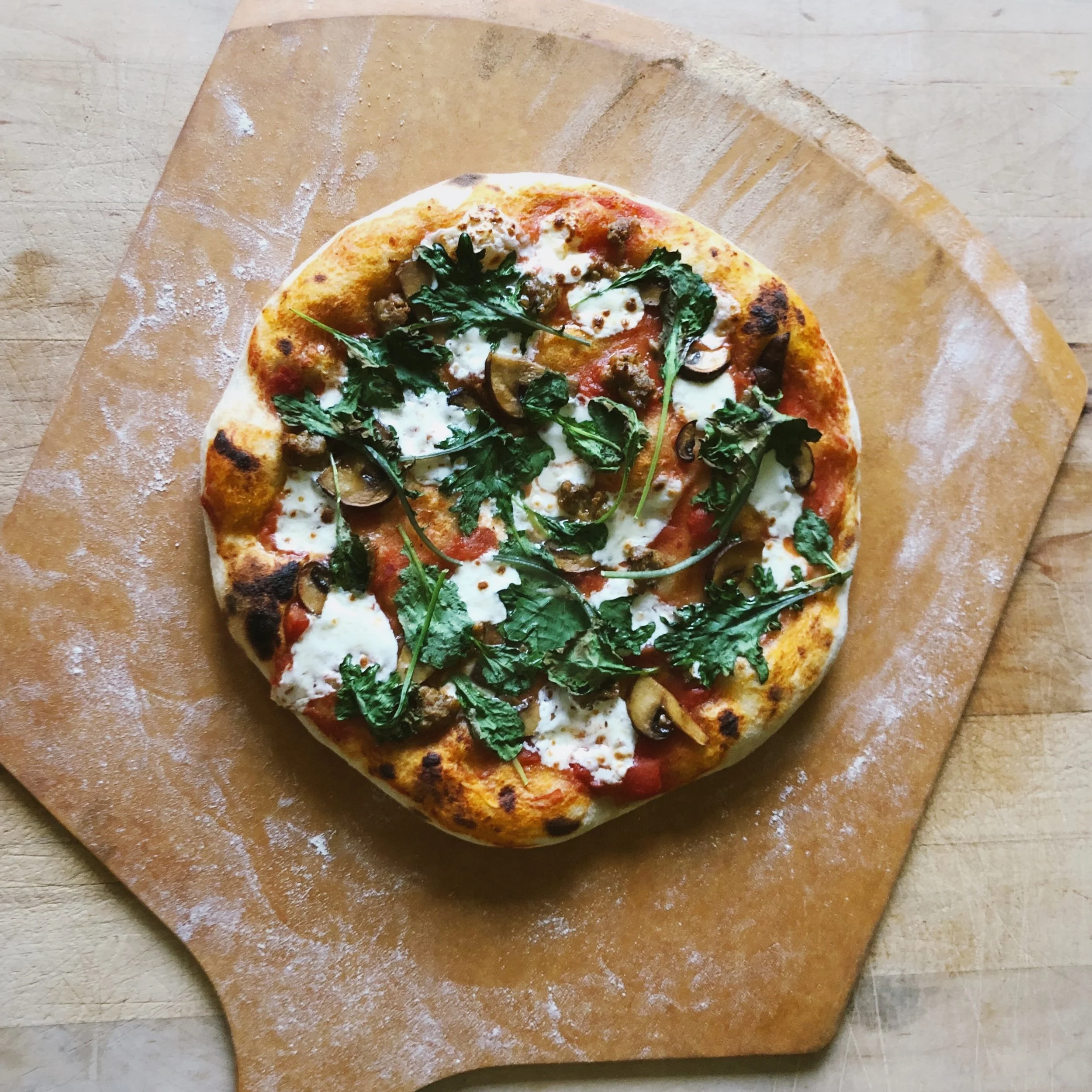Eat Your Words: How Language Impacts Our Relationship with Food
The other day I was trying to think of a word to describe the brioche I’d made, and the first one that popped in my head was decadent.
I paused to think about the word. Of course, I’d only meant to convey that the bread is enriched with eggs and lots of butter, but it occurred to me that this word we so often use to talk about rich foods comes directly from the word decay.
This good v. bad language about food EVERYWHERE, and it’s a hallmark of diet culture. Food is “junk”, “sinful”, “garbage” or a “cheat”. Or it’s “guilt-free”, “pure”, “real”, and “clean”.
Language reflects our culture, and it can have a big impact on our relationship with food. This moralistic way of talking about food perpetuates the idea that if a food tastes really good and is satisfying to eat, it must be bad for you. This idea can cause us to restrict tasty foods, only to overdo them later. It’s uncomfortable at all points in the cycle.
We have two sets of bowls at my house. At some point years ago, Eric and I started referring to the larger ones as the “bowls of shame”. Our mood in referring to the bowls this way was light—just a fun inside joke. When plating dinner one of us might ask, “Should we bowl-of-shame-it tonight with this tomato soup?” Even though it was tongue-in-cheek, it was also a small and frequent reinforcement of the idea that food is dangerous and shameful. Even though we were months into making a concerted effort to change our language around food, we were still joking about the “bowls of shame”.
Then the other night over dinner Eric suggested that we call them the ‘bowls of celebration” instead.
YES.
It’s a small change, but it makes a difference.
Food helps us run. Sometimes we just have to grab something fast so we can move onto more important things*. Food can also be special—it helps us connect with ourselves and each other.
Either way, it’s all good and worthy of celebration.
*A fav quote from Christy Harrison: “It’s hard to smash the patriarchy on an empty stomach, or with a head full of food and body concerns. “
Sourdough brioche is something to celebrate.
A celebratory syllabus:
The Eating Instinct: Food Culture, Body Image, and Guilt in America by Virginia Sole-Smith
Eat Up: Food, Appetite, and Eating What You Want by Ruby Tandoh
The Gluten Lie: And Other Myths about What You Eat by Alan Levinovitz






